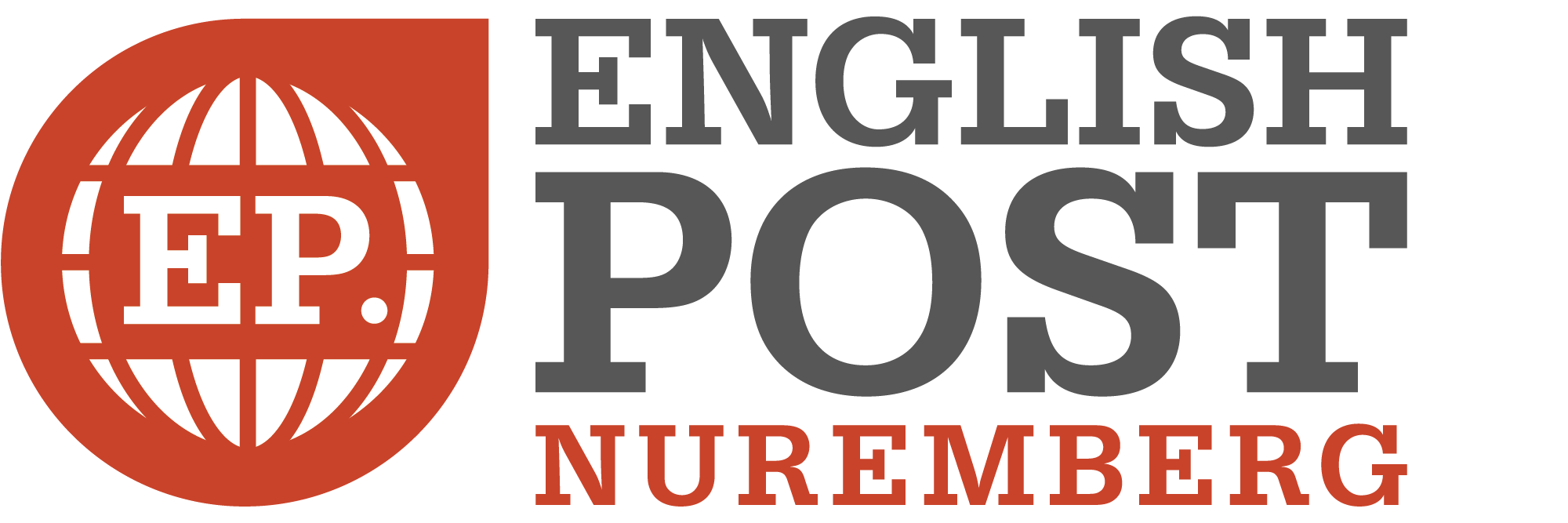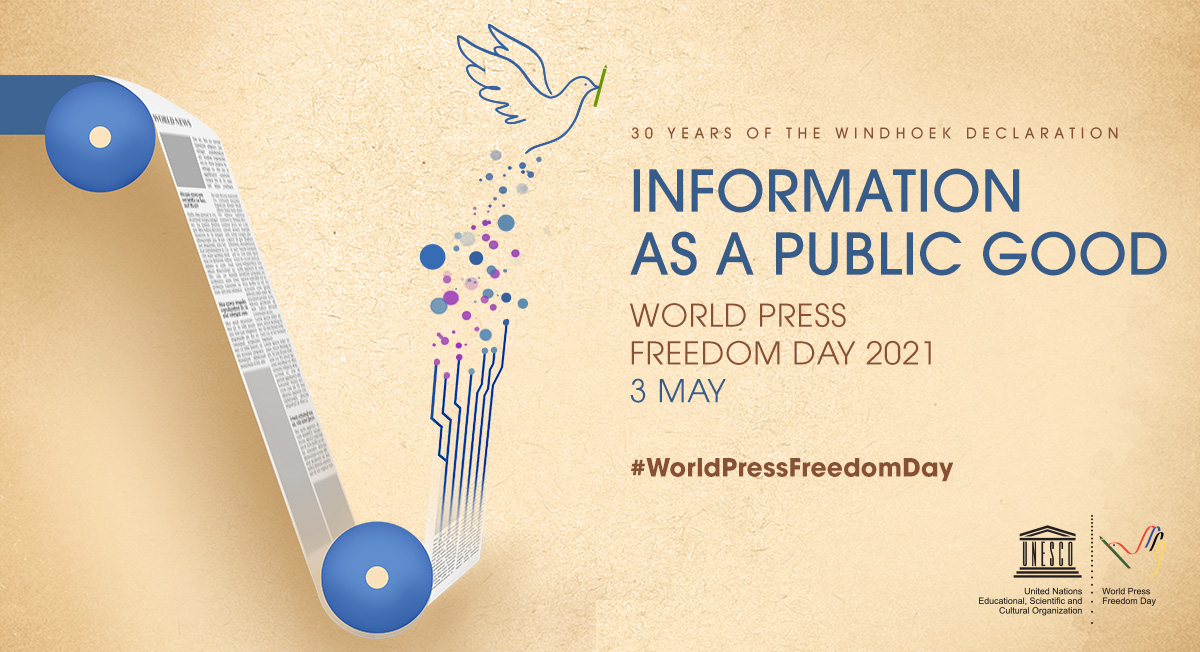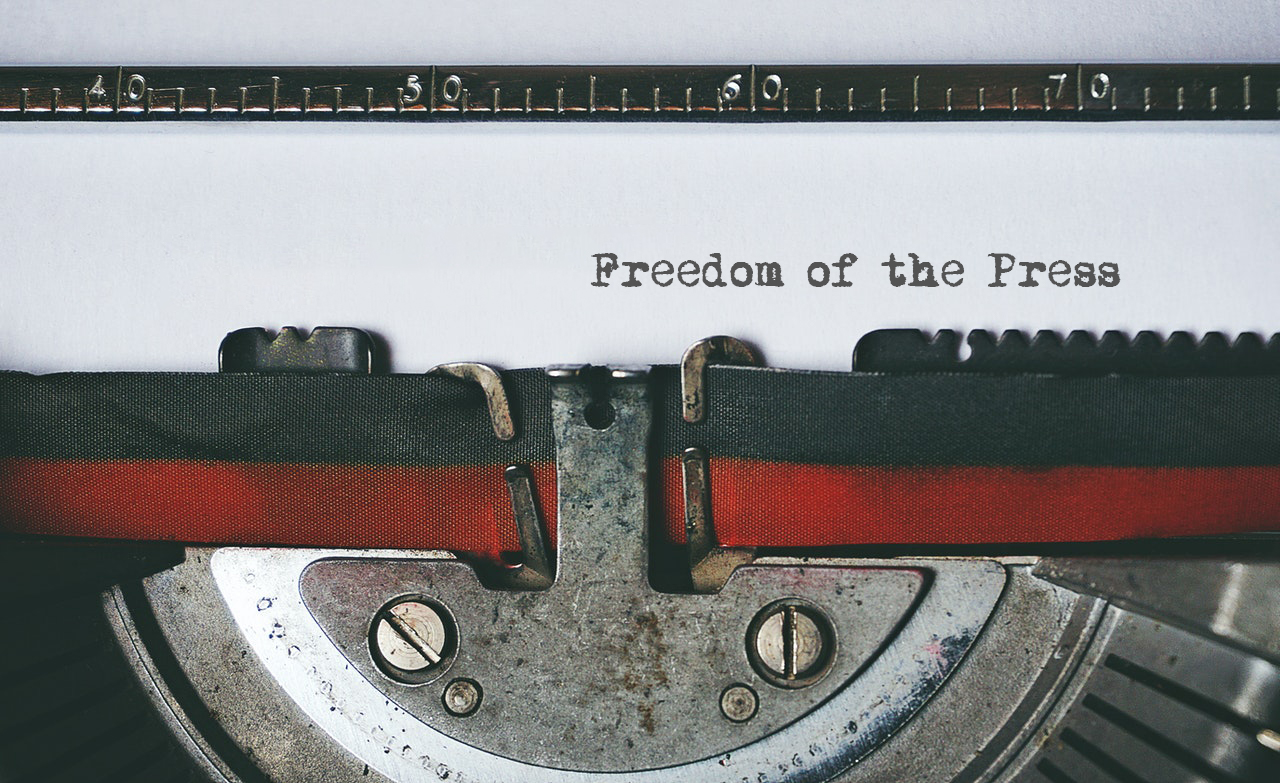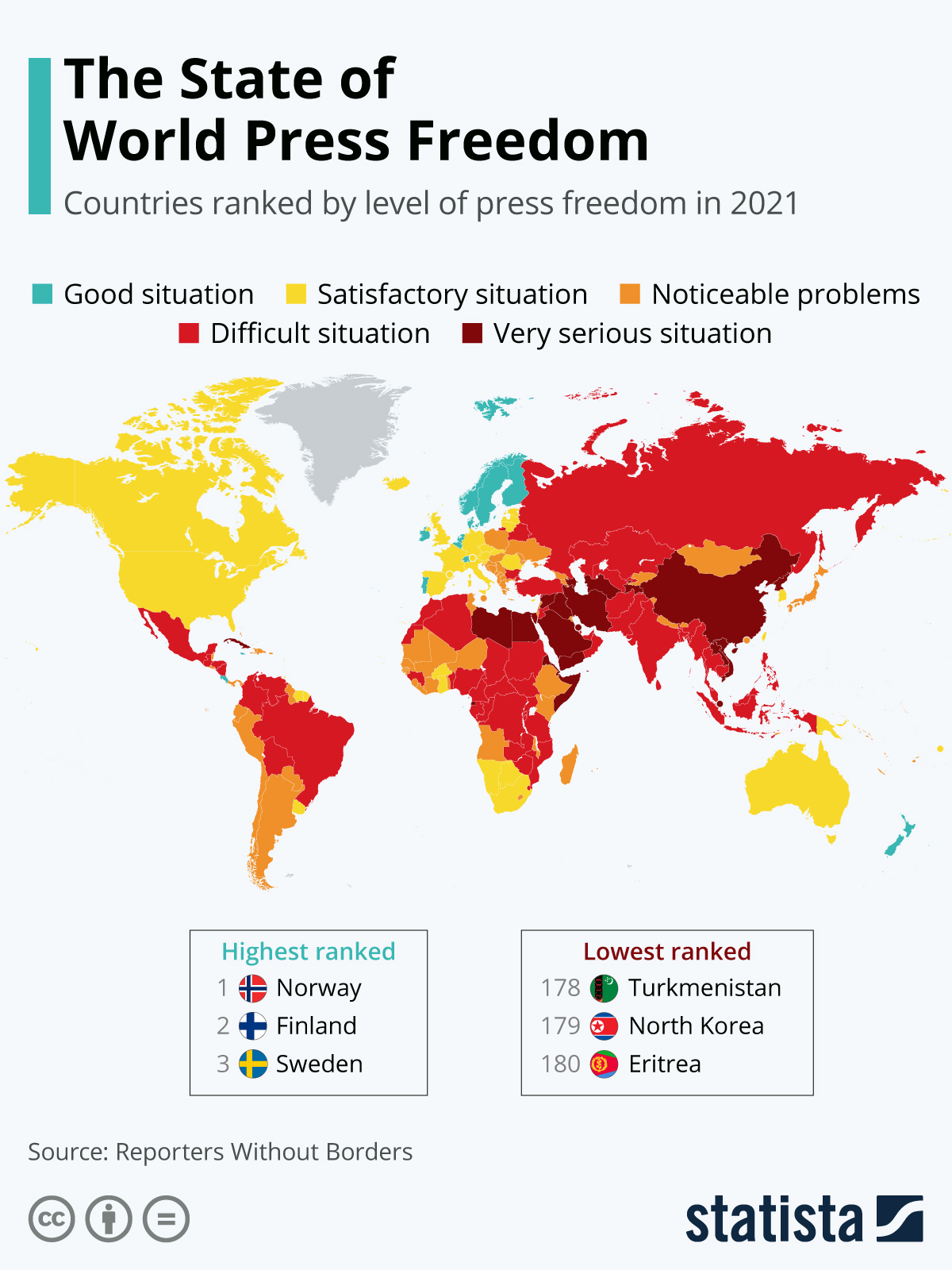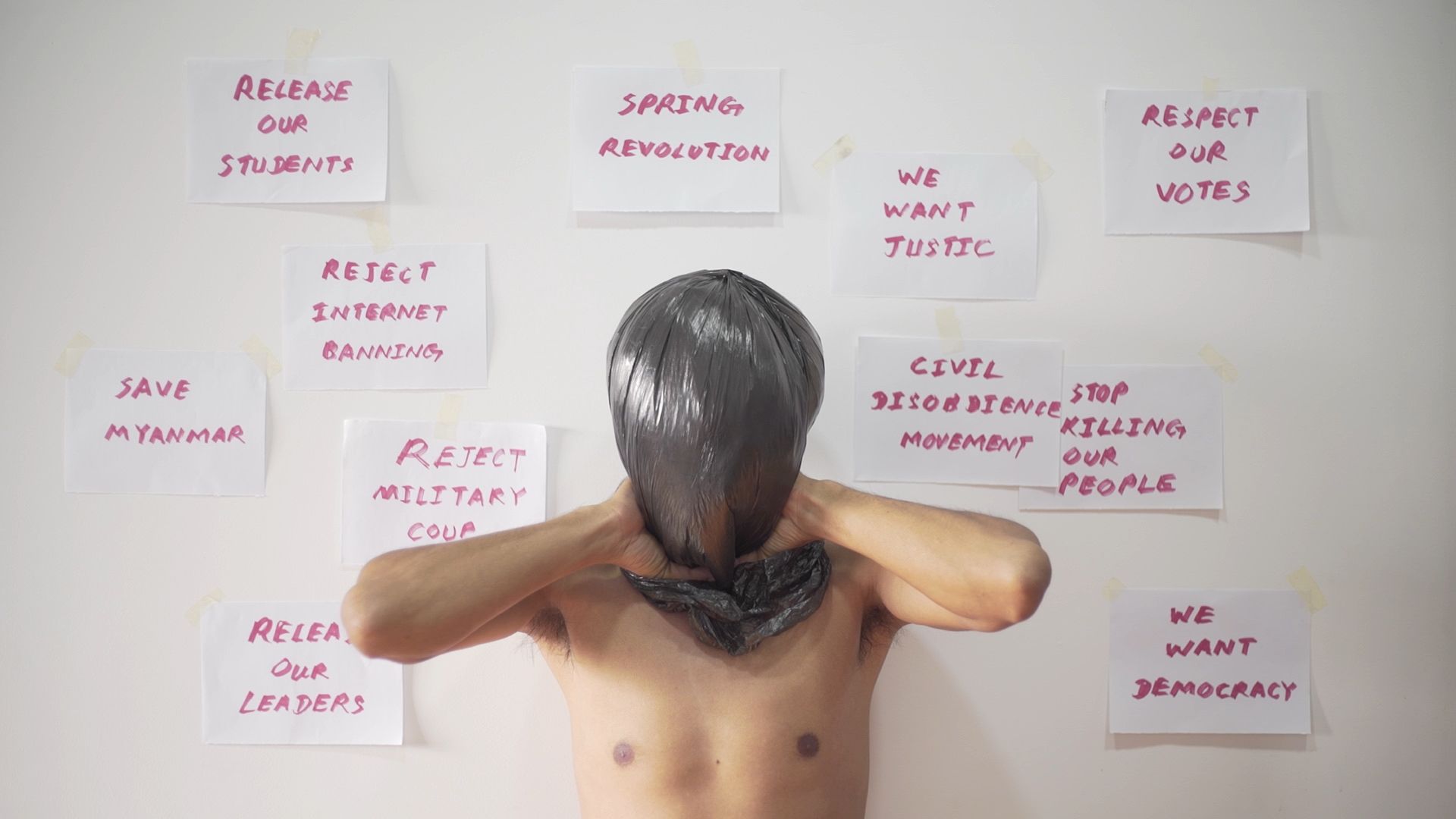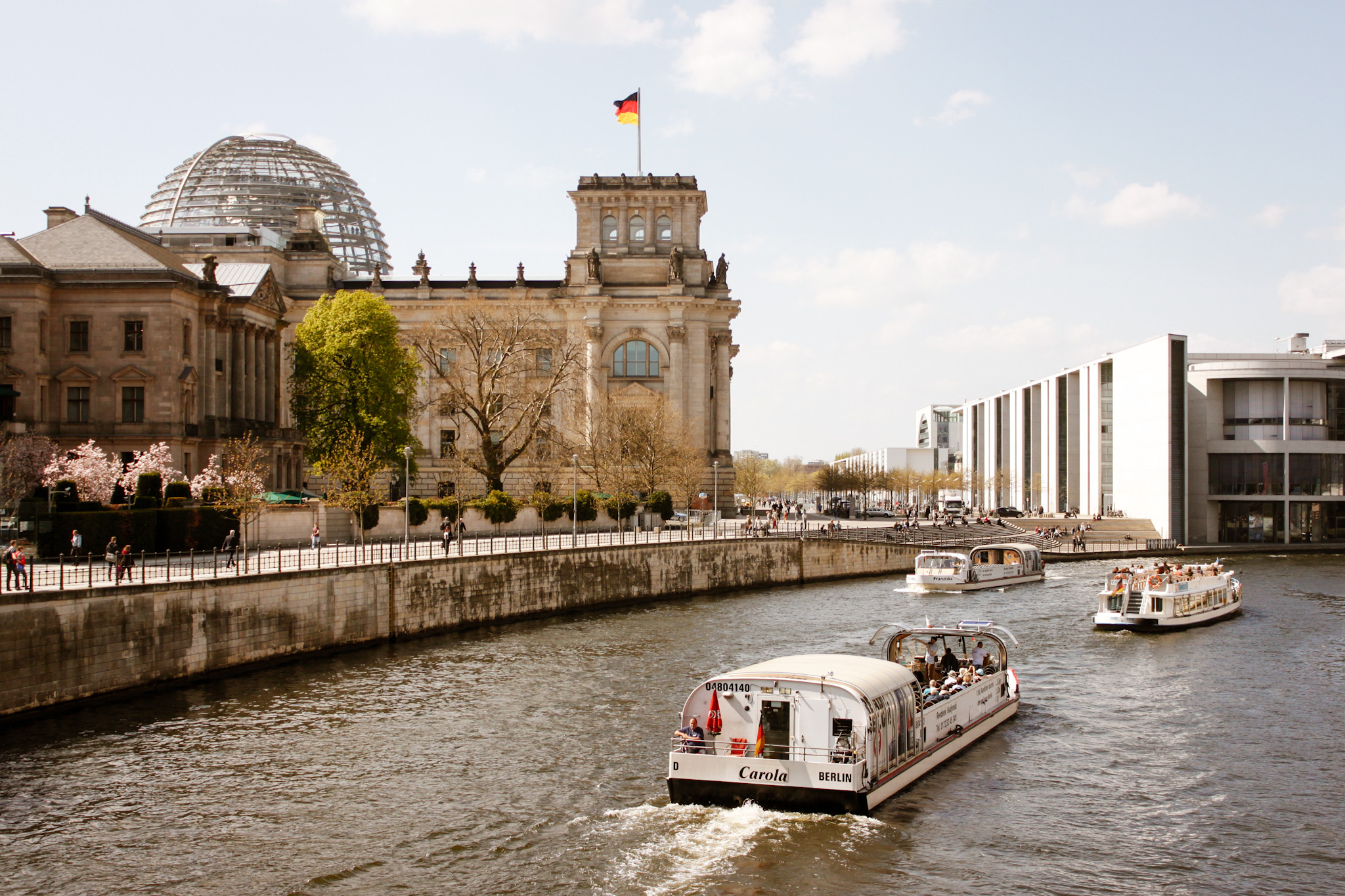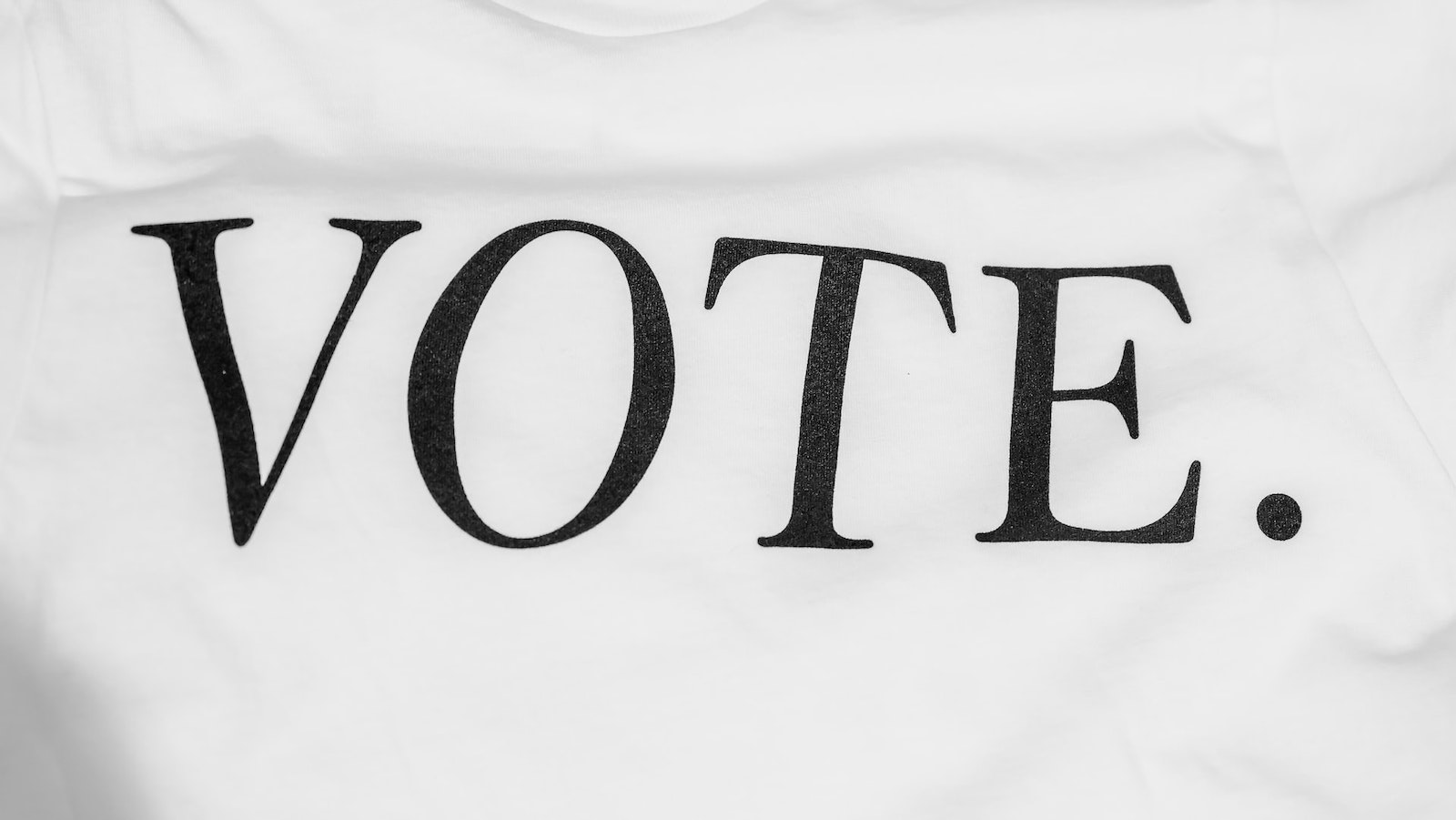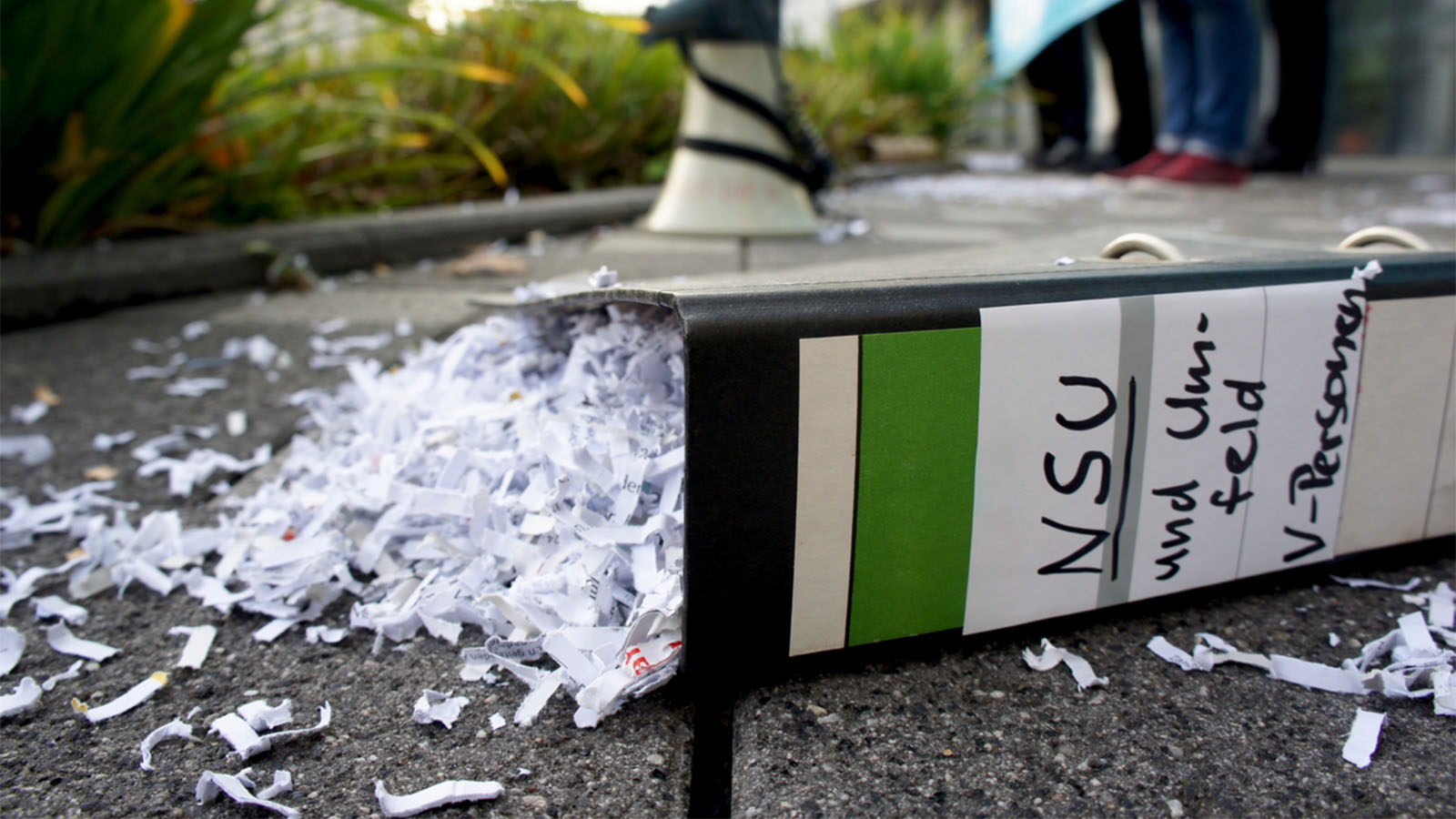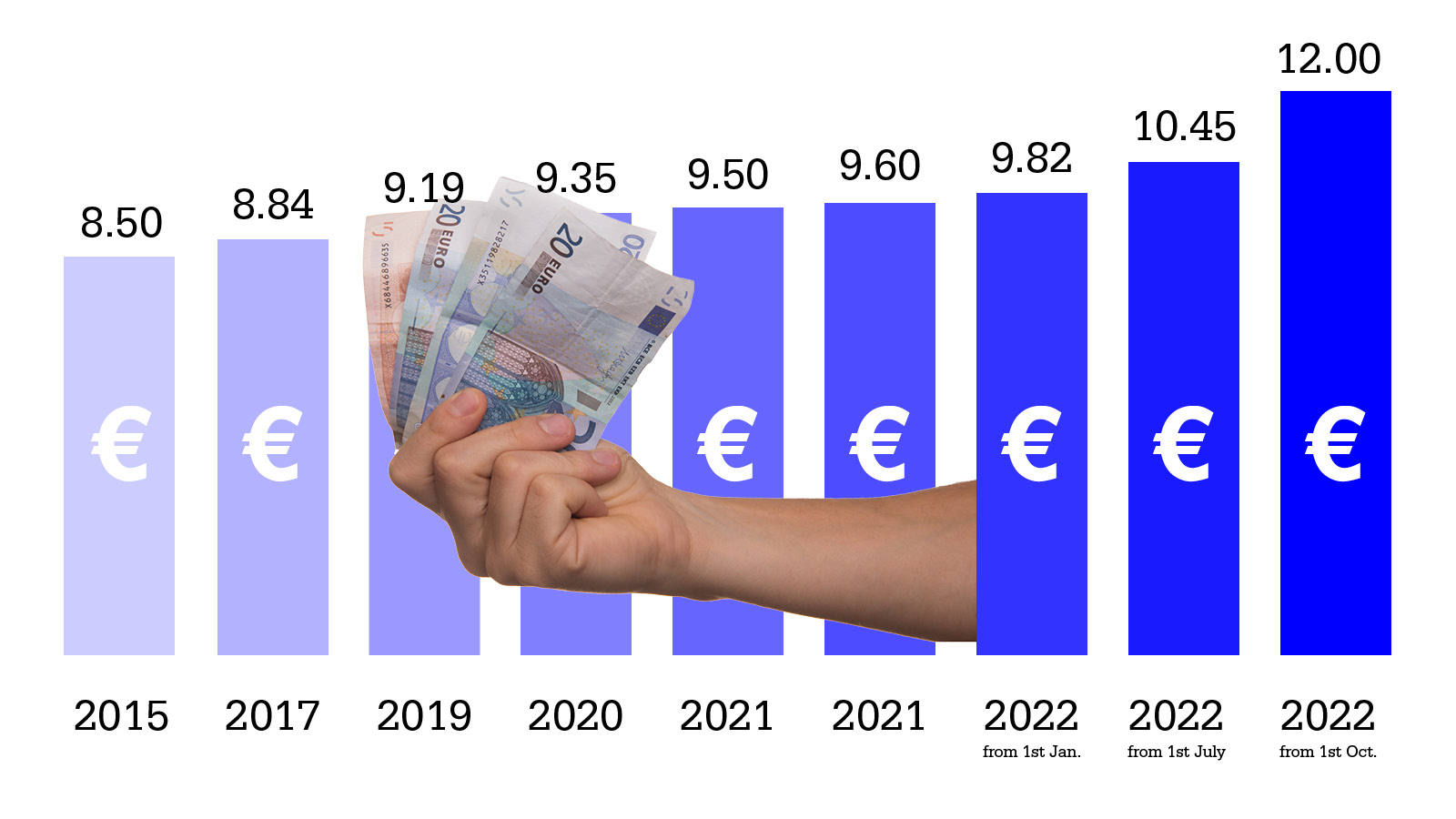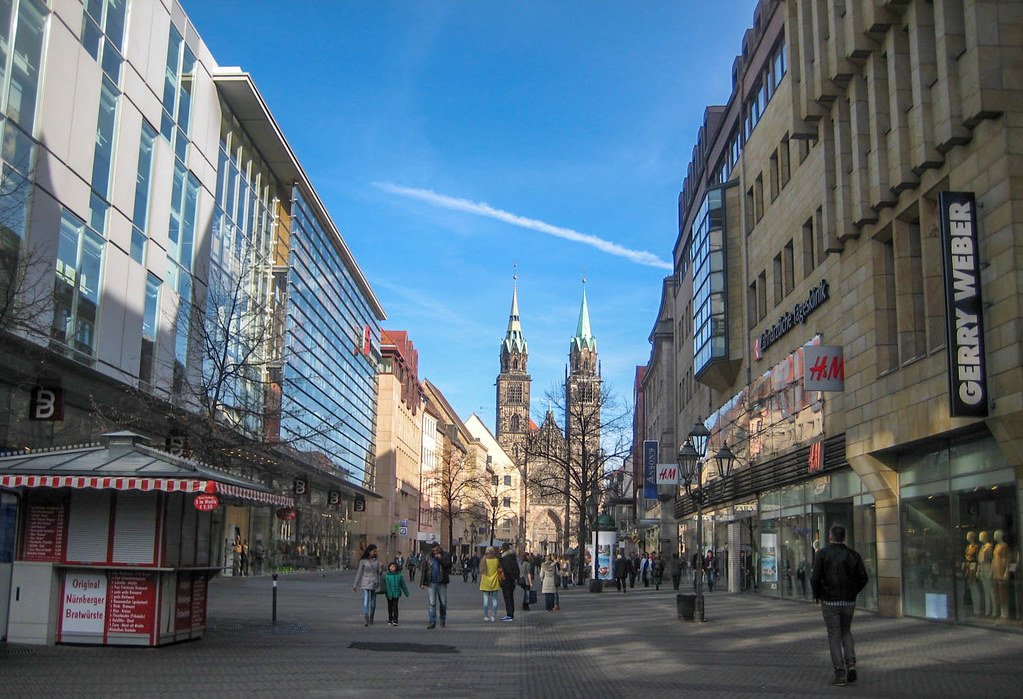World Press Freedom Day, 3 May 2021
We are living in complex and disconcerting times. The global COVID-19 pandemic has led to increased repression and attacks on journalism worldwide. The crisis has once again made it very clear that freedom of speech and a diverse media landscape cannot be taken for granted. Moreover, it has become more apparent that the free press worldwide is under threat. Perhaps some readers will now inwardly lean back, expecting this article to be concerned with the terrible situation for journalists in Hungary, Poland, Russia, Serbia or Turkey. But then we would be yesterday’s paper, so to speak, telling you of yesterday’s news. We thought it might be worth focusing on the country we are currently living in. So what is the current situation regarding press freedom and independent media in Germany? The answer is quite disconcerting and scary. Violence against journalists as well as state interference has increased markedly. Many reporters and media workers in Germany were threatened, verbally attacked and intimidated last year. Furthermore, journalists are repeatedly targeted by law enforcement agencies and secret services.
Preserving freedom of the press and media diversity seems more and more to be a challenge, not only for various countries throughout the world or Eastern Europe, but surprisingly here in Germany as well. In Mid-March 2020, the European Centre for Press and Media Freedom (ECPMF) published the results of its five-year study of attacks on media workers in Germany. The report confirms a negative trend that has been observed for a couple of years: attacks on the press are now the new normal. In 2020 alone there were 252 assaults on journalists in Germany. Two hundred and fifty two. That’s more than twice as many as the year before. And of these, 144 attacks were right-wing motivated¹.
That is pretty much in line with the annual index for 2021 from the organisation “Reporters Without Borders” (RSF), which evaluates press freedom across the globe. In terms of the current RSF rankings, Germany is ranked as 13th out of 180 countries and territories. However, it seems important to point out that the country has been stripped of its “good” classification as it is down two places compared to the year before. At the top of the table, Norway topped the index for the fifth year in a row and remains in first place, followed by Finland, Denmark and Sweden. The lowest-ranking countries are Eritrea, North Korea, Turkmenistan, Vietnam and China.
The good news is, that in this worldwide comparison, the press freedom situation in Germany is nonetheless still classified as “fairly good”. This is probably because, unlike many countries, freedom of the press is protected in Germany. Furthermore, it is a fundamental right enshrined in Article 5 of the “Basic Law” (“Grundgesetz”) which expressly includes “freedom of the press and freedom of reporting through radio and film”. This was also confirmed by the RSF report, which comes to the conclusion that: “Solid constitutional guarantees and an independent judiciary ensure a favourable environment for journalists in Germany. The constitutional court has consistently ruled in defence of press freedom”.
Another significant problem in recent years has been the phenomenon of “fake news”. The planting of messages and counter narratives in the media is not new. But the internet and social media have changed the way news is reported, the way of news is consumed and the way we share it with others. It seems that fake news spreads faster than real stories, possibly because of its often controversial character. Germany acted relatively quick and passed legislation known as the Network Enforcement Act (“Netzwerkduchsetzungsgesetz” – short: NetzDG²), which aims to fight hate speech and other criminal content on social platforms of a certain size. It came into effect on October 1, 2017, and has been fully applicable since January 1, 2018, attracting much media attention.
In 2019 the first special report regarding disinformation in Europe “Fake it until you make it” published by the Freedom Barometer is a compilation of data and in-depth reports. According to Freedom Barometer the aim of this report “is to provide a basis for future discussion around possible solutions ensuring the protection of fundamental freedoms which are endangered by the growing trend for “Fake News”.
Consequently, according to the UN, the theme of this year’s World Press Freedom Day³ “Information as a Public Good” serves as a call to affirm the importance of information as a public good, exploring what can be done in the production, distribution and reception of content to strengthen journalism, and to advance transparency and empowerment while leaving no one behind”. The theme is of urgent relevance to all countries across the world.
So actually, the 3rd of May should be a date we all can take as an opportunity to talk and think about freedom of expression and remember once again why freedom of the press is so fundamental and essential. Free and independent media have a fundamental and indispensable task in a democracy. A restriction on the freedom of the press is always a restriction on democracy. Without free and independent reporting, a democratic society cannot function. Or to put it in the words of Joseph Pulitzer:
“The press may be dissolute. But it is the most moral tool in the world today. More crime, corruption and immorality are prevented by the fear of the press than by the law”.
As a sign of solidarity on May 3rd for freedom of the press, media diversity, and democracy, and as a small contribution on our part, we have decided to sign the Charter for the Freedom of Expression that the Börsenverein has published with its partners. By doing this, we are also aware of the fact that this year, too, there is unfortunately little cause for celebration. Nonetheless, we are thankful that we live in a country like Germany and enjoy journalistic privilege. But we also recognize that there are still many reporters out there, especially in non-democratic countries, where independent newspapers are banned, internet sites are blocked, and where people are threatened, imprisoned, tortured or even killed for simply doing their work.
Here’s how you can show your support for freedom of the press and freedom of expression:
- Ask for proof and stay vigilant. Check the source of an article and look if it is being reported elsewhere too.
- Broaden your horizons and step outside your daily bubble. Establish a media diet with a good mix of indie and alternative news, local, national and international coverage, niche and countervailing points of view.
- Donate. By supporting non-profit media organizations such as Reporters Without Borders you can help to protect the people and the sources behind the stories that keep journalism alive.
- Subscribe to a print or digital newspaper, a weekly magazine, a news app to support quality journalism.
- Take action. Support non-violent campaigns, peaceful protests or sign a petition.
I’d love to hear your thoughts on this article, please comment!
- These figures were released by the Federal Government after several MPs from the BÜNDNISSES 90/DIE GRÜNEN political party submitted a question. The report was published on 18.01.2021 and is available online as a PDF document to download “Drucksache 19/25940”.
- The German Netzwerkdurchsetzungsgesetz (“NetzDG”) obliges social network providers to delete unlawful content within a short timeframe. Failure to remove unlawful content within the given time frames can be punished with a regulatory fine of up to five million euros.
- Established by the UN in 1993, the World Press Freedom Day (WPFD) is an annual celebration of press freedom, observed on 3 May and mainly organised and promoted by the UNESCO.
The following sources were used to research the information for this article: https://www.ecpmf.eu/ https://www.un.org/en/observances/press-freedom-day https://rsf.org/en/2021-world-press-freedom-index-journalism-vaccine-against-disinformation-blocked-more-130-countries http://freedombarometer.org/blog/fake-it-until-you-make-it-freedom-barometer-2019-special-report-on-fake-news-in-europe-92
